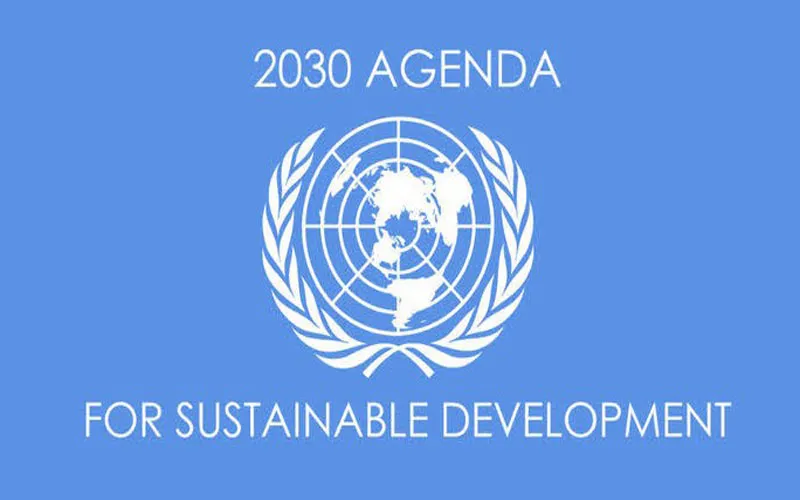Nairobi, 22 November, 2019 / 12:45 am (ACI Africa).
Four years after countries under the auspices of the United Nations (UN) adopted the 2030 Agenda for Sustainable Development encompassing 17 Sustainable Development Goals (SDGs), a report by the development arm of the Kenya Conference of Catholic Bishops (KCCB), Caritas Kenya indicates that the East African country is “strongly aligned” to the global targets on development.
The research considered four principles, which ground “the transformative aspirations of the 2030” SDGs.
The principles included inclusivity dubbed leaving no-one behind, dealing with inequalities, integrating the environment and development, and the principle of participation and dialogue.
“Our research found a strong alignment of Kenya’s development agendas with Agenda 2030 and the principle of ‘leave no-one behind’, with a range of policy interventions focused on addressing vulnerability,” states part of the report released Thursday, November 21 with the title, “Bringing Agenda 2030 to Life: Kenya Sustainable Development Report.”
Arising from six case studies carried out by Caritas Kenya in partnership with the University College of London (UCL) and the Catholic aid agency for England and Wales – Catholic Agency For Overseas Development (CAFOD) – the findings reported show that in order for no person to be left behind, “different forms of vulnerability require different types of intervention that might include resources or training but also community sensitization to reduce discrimination.”








